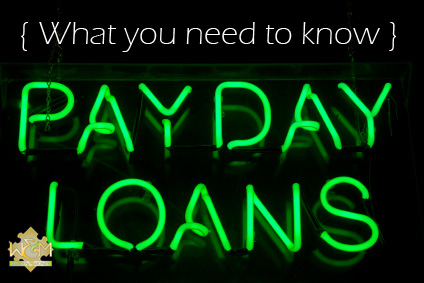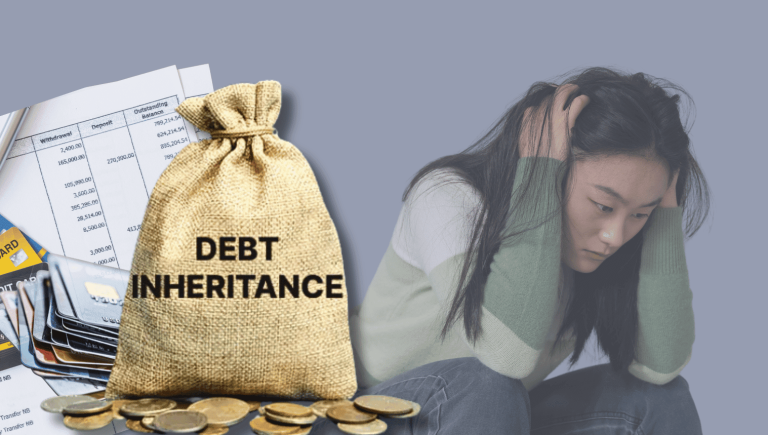What is a payday loan?
A payday loan, or payday advance, is a short-term loan of usually 14 days, which you promise to pay back, plus fees, after you receive your next paycheque. The loan is often between 30-50% of the amount of your paycheque.
To qualify for a payday loan, you must provide proof that you have a regular income, a permanent address and a bank account. You will have to sign a loan agreement which states the loan interest, fees, and due date. Most of the time you will need to provide a post-dated cheque for the full loan amount including all fees and interest, or sign a form for a pre-authorized debit of your account on the loan due date.
How much do payday loans cost?
Pay day loans are one of the most expensive forms of credit. Some provinces and territories regulate how much payday lenders can charge, while others do not. The fees on a two week loan can be equivalent to paying 650% annually and sometimes higher. Pay day loans may be convenient but the cost of these loans is exorbitant compared to alternate types of loans. Lines of credit, overdraft protection on your bank account, and even a cash advance on a credit card are all much more affordable choices for short term loans.
Why would you get a payday loan?
Maybe a sudden expense comes up, such as a vehicle repair, or you simply run out of money before your next paycheque. However, if you are not able to pay the loan back on time you will find yourself in a worse financial situation than before you borrowed. If you can pay it back from your paycheque, will you be able to get through the next pay period or month on your reduced money? If not, will you go back to the payday advance company for another loan, and begin a cycle of borrowing as a habitual way of getting through the month?
Before considering a payday loan, ensure that you truly need to take a loan in the first place – can any of your expenses be put off until you are paid, can you borrow money from friends or ask your employer to advance your pay? If you do need a loan, look into all of your options such as a line of credit, overdraft or credit card, and only turn to payday loans as a last resort.
What if you can’t repay your payday loan on time?
If you can’t pay your payday loan back on time, the payday lender will charge you a penalty, and interest will continue to accrue on the loan. Your financial institution may also charge you a NSF (non-sufficient funds) fee if you didn’t have enough money in your account when the payday lender attempted to cash your cheque or make a withdrawal. The payday lender may begin to call you to try to collect the balance, or they may send your case to a collection agency. Either the lender or a collection agency can sue you, and if successful, they can then seize your property or garnish your wages (automatically take from your paycheque) in order to collect the debt owed.
Payday Loans – Final Word:
If you apply for a payday loan, make sure you read the loan agreement and fully understand the total cost of the loan, including interest, fees and late payment fees. Never use an online-based payday lender – you will be required to provide your Social Insurance Number and bank account number – and your information could be stolen if the lender’s website has insufficient security, or the lending site could be fraudulently seeking to gather and sell your personal information.
If you find yourself with a payday loan that you cannot repay, or in a cycle of taking regular payday loans to get you from paycheque to paycheque, consider talking with a credit counsellor. Credit counsellors will confidentially help you deal with your debt and deal with your creditors for you.

